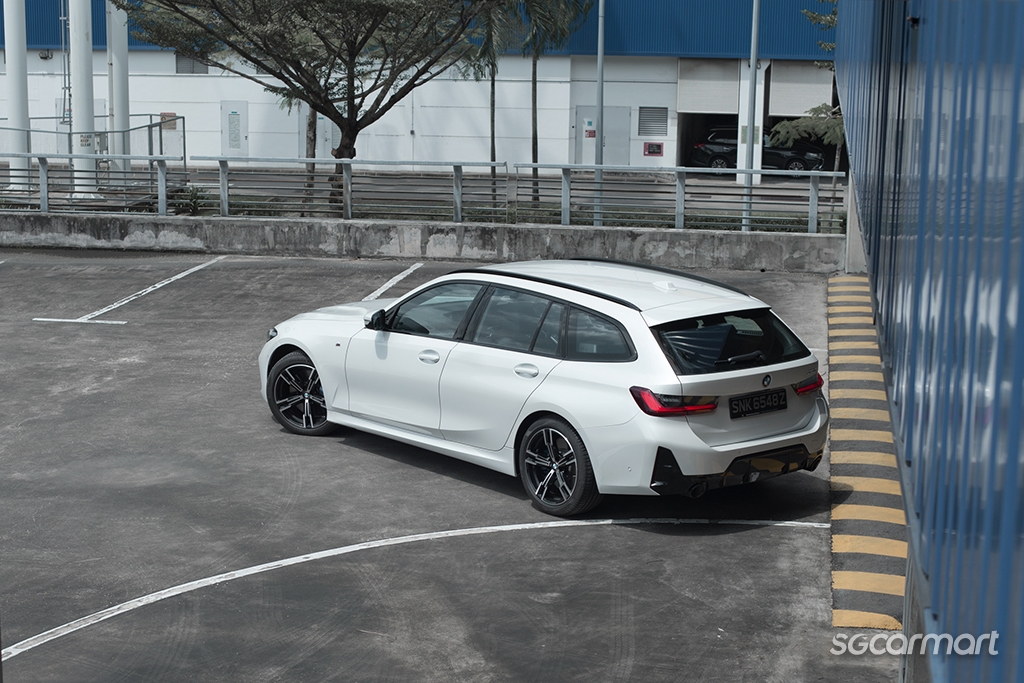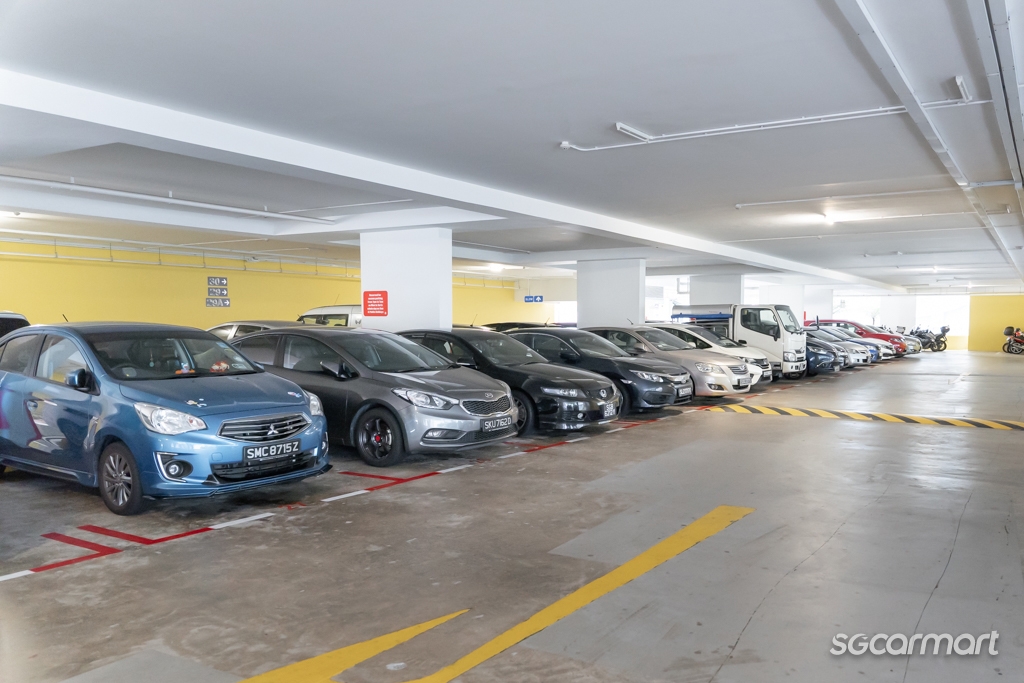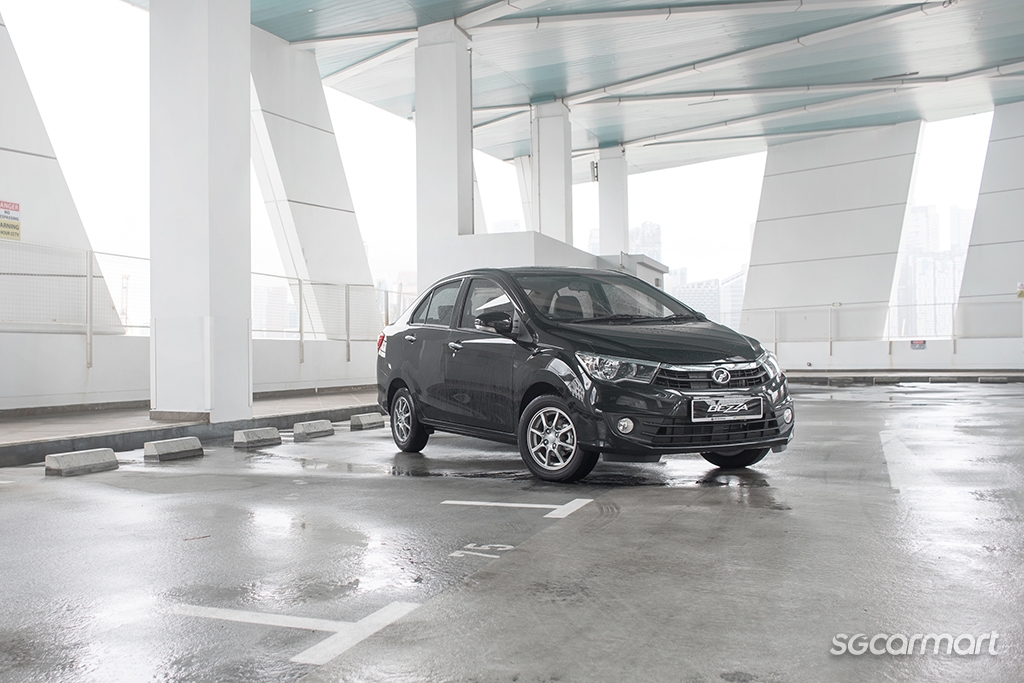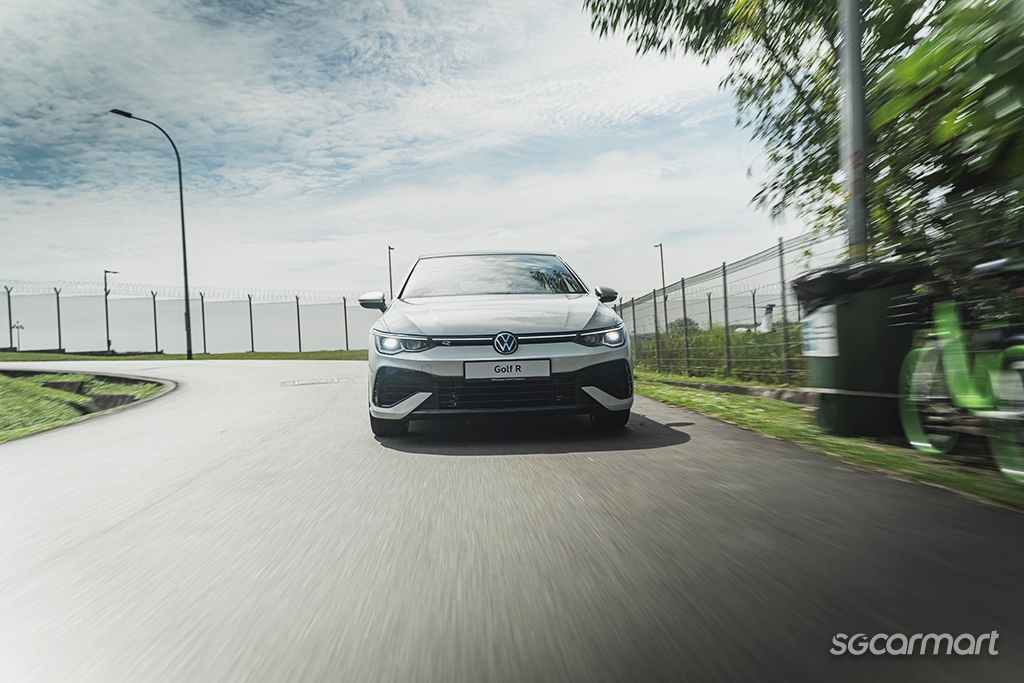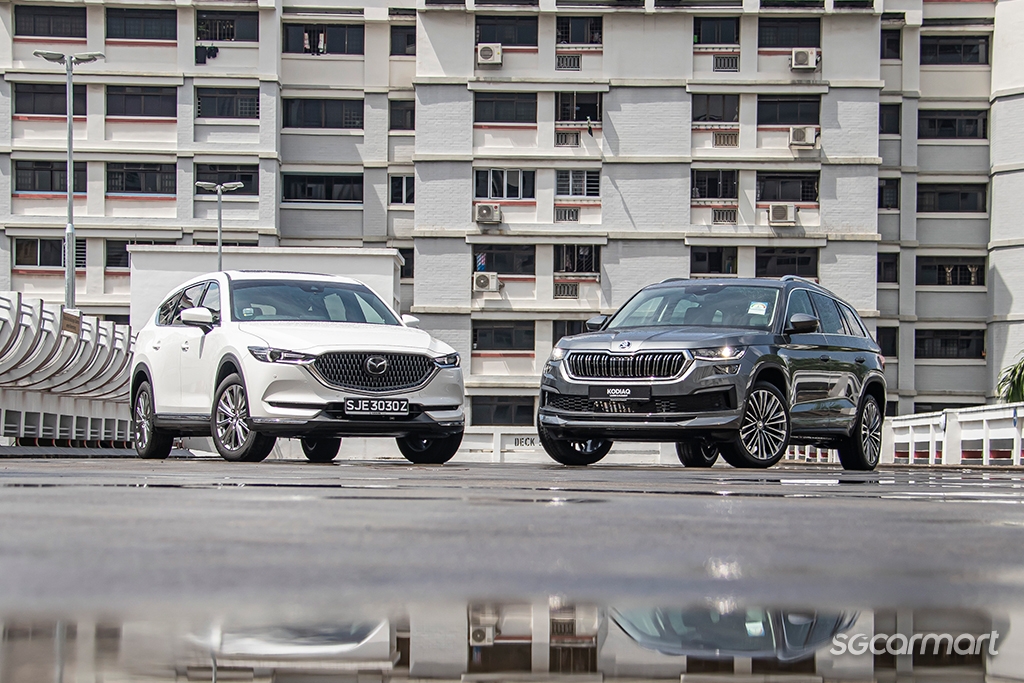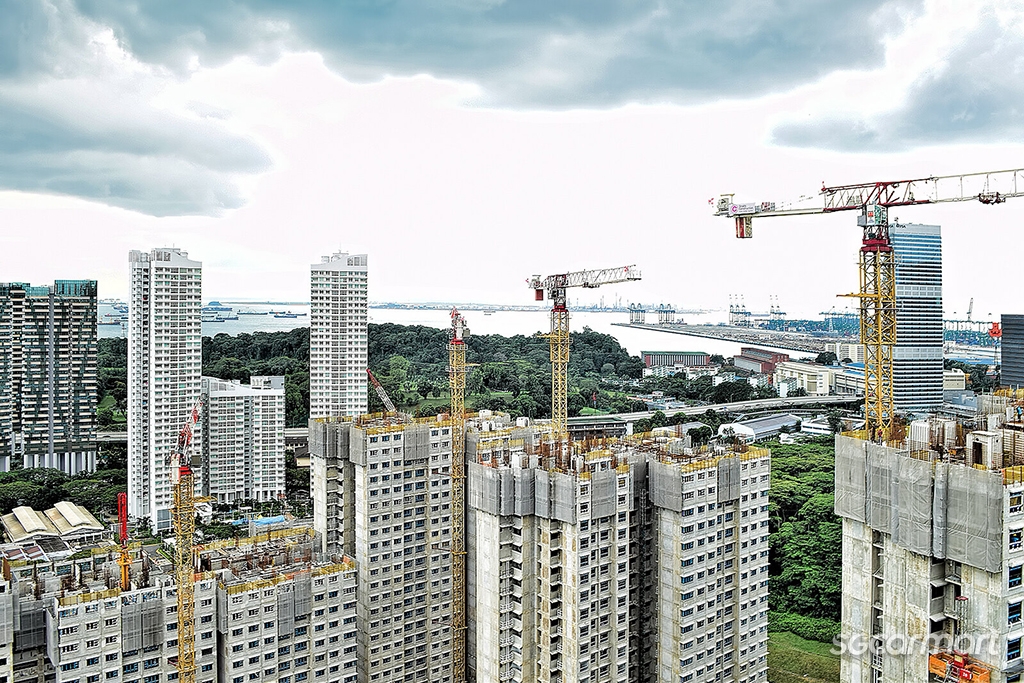Car vs House: Which is more expensive?
28 Oct 2023|8,202 views
The new BMW 3 Series Touring is a car that I really, really like. It is also (deep breath) $406,888 (as of 26 October 2023).
When I mention this fact to people, or basically the price of any new car these days, the common response is, "Wah, that's the same price as a HDB."
Except, well, that's not true.
On the surface, the number value may look (and feel) the same. The Oct 2023 BTO prices for the Verandah @ Kallang project ranged from $368,000 to $475,000 for a 3-room flat (figures courtesy of PropertyGuru). That's in the $400k ballpark.
However, when you think about it a little more, the numbers are in fact so much different.
Don't forget, a car's price is intrinsically tied to its COE. Which lasts 10 years. A house, too, doesn't last forever. Most HDBs are 99-year leasehold. That is, by my simple calculation, almost 10 COE cycles.
The real numbers
Let's do some numbers, shall we. Of course, I'm not going to delve too deeply into the math and account for loan interest and all the like. This is just a simple exercise to show that a car is actually more expensive than a house.
That BMW 3 Series Touring? If you factor in 9 COE renewals at a very conservative Cat B PQP of $62,849 (the average PQP amount across the past 10 years), that still amounts to $565,641. Over a hypothetical 100-year lifespan, that 3 Series Touring costs almost a million dollars (and that's before factoring recurring costs like road tax, insurance, petrol and maintenance). That's, well, at least two 3-room flats in Kallang.
Even your cheapest car today, the $128,999 Perodua Bezza, works out to over $611k once you factor in 9 COE renewals at the 10-year average Cat A PQP of $53,563. That's enough to get you a 5-room BTO HDB flat, with enough left over to do your renovations.
And of course, once you get into the realm of luxury cars, the numbers escalate. A bog-standard Ferrari 296 GTB is asking $1.4m before COE. Factor in the $150k Cat B COE and the $565k to renew for 9 more cycles (let's hope the Ferrari can even last that long), and that number easily clears the $2m mark. That's a condo in a nice part of Singapore.
Cars being expensive is certainly not just unique to Singapore, but the nature of how the COE system works means that the 'lifetime' cost of a car is actually quite a lot more
Expensive is relative
We all know cars are expensive, but this is not unique to Singapore. I was recently in Nepal and was quite shocked to hear the prices of cars there. A Toyota RAV4 Hybrid is priced at around 18.7m Nepalese Rupees, which is about $192,513. That is a hell of a lot of money in a country where the median salary is less than $800 a month. (The same car in Singapore, today, costs $262,888.) Even a fairly cheap and affordable Suzuki Ignis is priced at around 3.8m Nepalese Rupees, which is almost $40k. That's still a lot of money for the average Nepali.
But considering the unique nature of our car ownership model that's intrinsically tied to COE (in most other countries when you buy a car you own it for life), it is even more expensive for Singapore car buyers.
So, in fact, cars are - in aggregate - much more expensive than buying a house. And that's before you factor in the fact that you can often sell a house for profit; you almost always sell a car for a loss.
So next time someone tells me a car is the same price as a HDB? Well, I'd happily trade the car for two HDBs, thank you very much.
The new BMW 3 Series Touring is a car that I really, really like. It is also (deep breath) $406,888 (as of 26 October 2023).
When I mention this fact to people, or basically the price of any new car these days, the common response is, "Wah, that's the same price as a HDB."
Except, well, that's not true.
On the surface, the number value may look (and feel) the same. The Oct 2023 BTO prices for the Verandah @ Kallang project ranged from $368,000 to $475,000 for a 3-room flat (figures courtesy of PropertyGuru). That's in the $400k ballpark.
However, when you think about it a little more, the numbers are in fact so much different.
Don't forget, a car's price is intrinsically tied to its COE. Which lasts 10 years. A house, too, doesn't last forever. Most HDBs are 99-year leasehold. That is, by my simple calculation, almost 10 COE cycles.
The real numbers
Let's do some numbers, shall we. Of course, I'm not going to delve too deeply into the math and account for loan interest and all the like. This is just a simple exercise to show that a car is actually more expensive than a house.
That BMW 3 Series Touring? If you factor in 9 COE renewals at a very conservative Cat B PQP of $62,849 (the average PQP amount across the past 10 years), that still amounts to $565,641. Over a hypothetical 100-year lifespan, that 3 Series Touring costs almost a million dollars (and that's before factoring recurring costs like road tax, insurance, petrol and maintenance). That's, well, at least two 3-room flats in Kallang.
Even your cheapest car today, the $128,999 Perodua Bezza, works out to over $611k once you factor in 9 COE renewals at the 10-year average Cat A PQP of $53,563. That's enough to get you a 5-room BTO HDB flat, with enough left over to do your renovations.
And of course, once you get into the realm of luxury cars, the numbers escalate. A bog-standard Ferrari 296 GTB is asking $1.4m before COE. Factor in the $150k Cat B COE and the $565k to renew for 9 more cycles (let's hope the Ferrari can even last that long), and that number easily clears the $2m mark. That's a condo in a nice part of Singapore.
Cars being expensive is certainly not just unique to Singapore, but the nature of how the COE system works means that the 'lifetime' cost of a car is actually quite a lot more
Expensive is relative
We all know cars are expensive, but this is not unique to Singapore. I was recently in Nepal and was quite shocked to hear the prices of cars there. A Toyota RAV4 Hybrid is priced at around 18.7m Nepalese Rupees, which is about $192,513. That is a hell of a lot of money in a country where the median salary is less than $800 a month. (The same car in Singapore, today, costs $262,888.) Even a fairly cheap and affordable Suzuki Ignis is priced at around 3.8m Nepalese Rupees, which is almost $40k. That's still a lot of money for the average Nepali.
But considering the unique nature of our car ownership model that's intrinsically tied to COE (in most other countries when you buy a car you own it for life), it is even more expensive for Singapore car buyers.
So, in fact, cars are - in aggregate - much more expensive than buying a house. And that's before you factor in the fact that you can often sell a house for profit; you almost always sell a car for a loss.
So next time someone tells me a car is the same price as a HDB? Well, I'd happily trade the car for two HDBs, thank you very much.
Thank You For Your Subscription.







